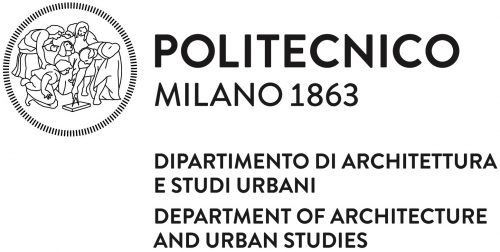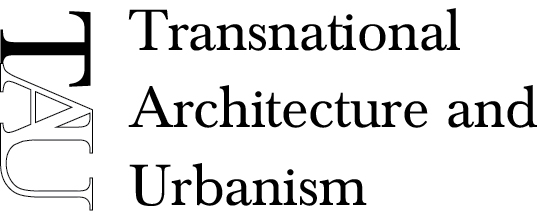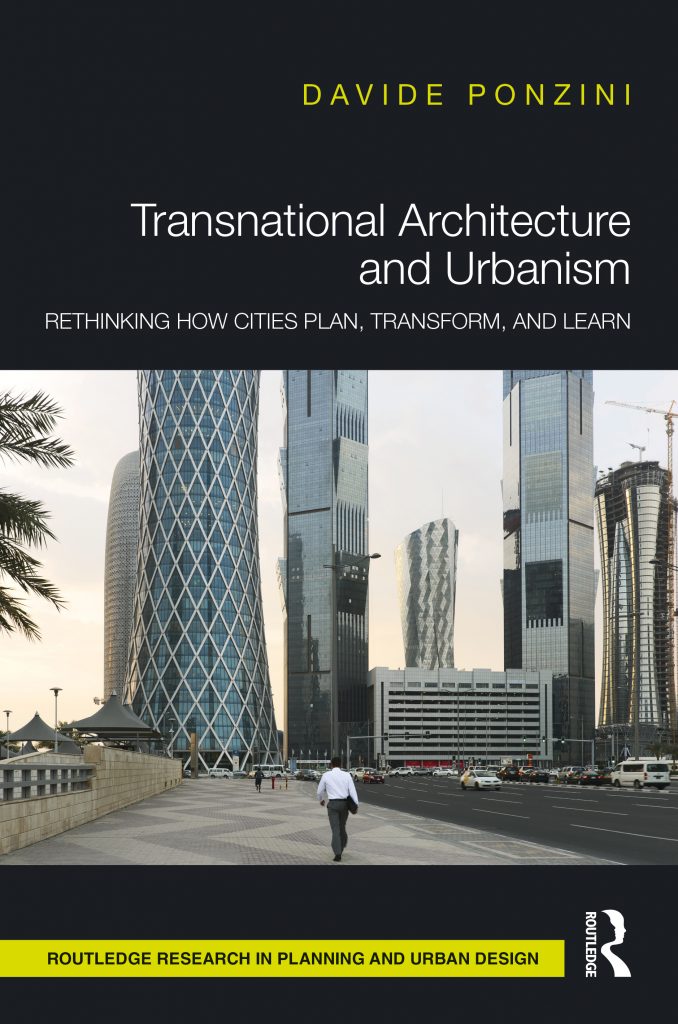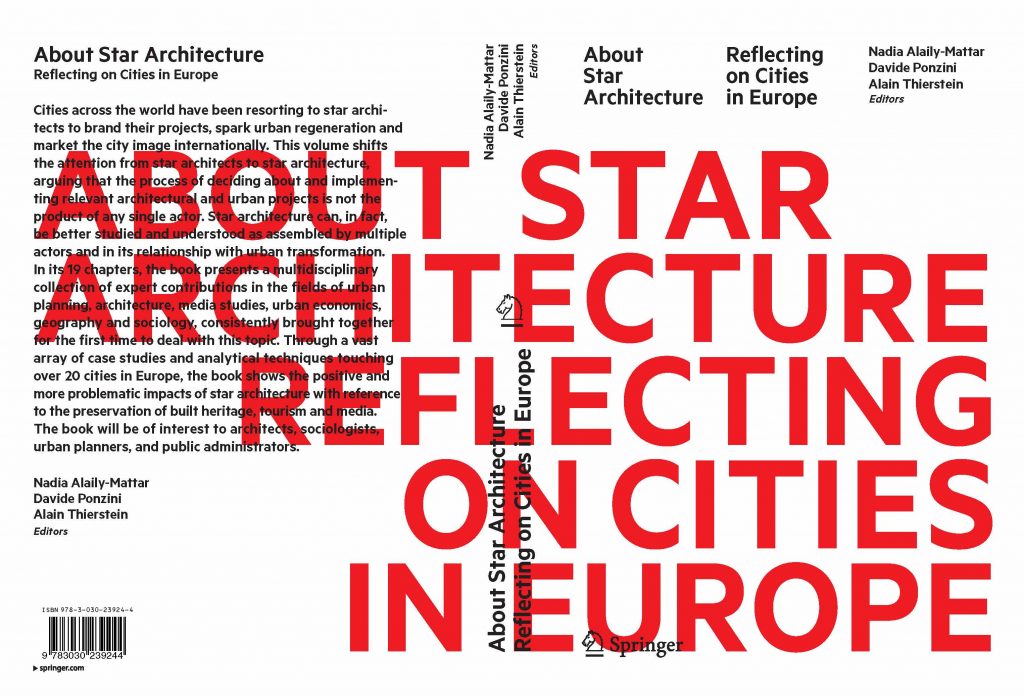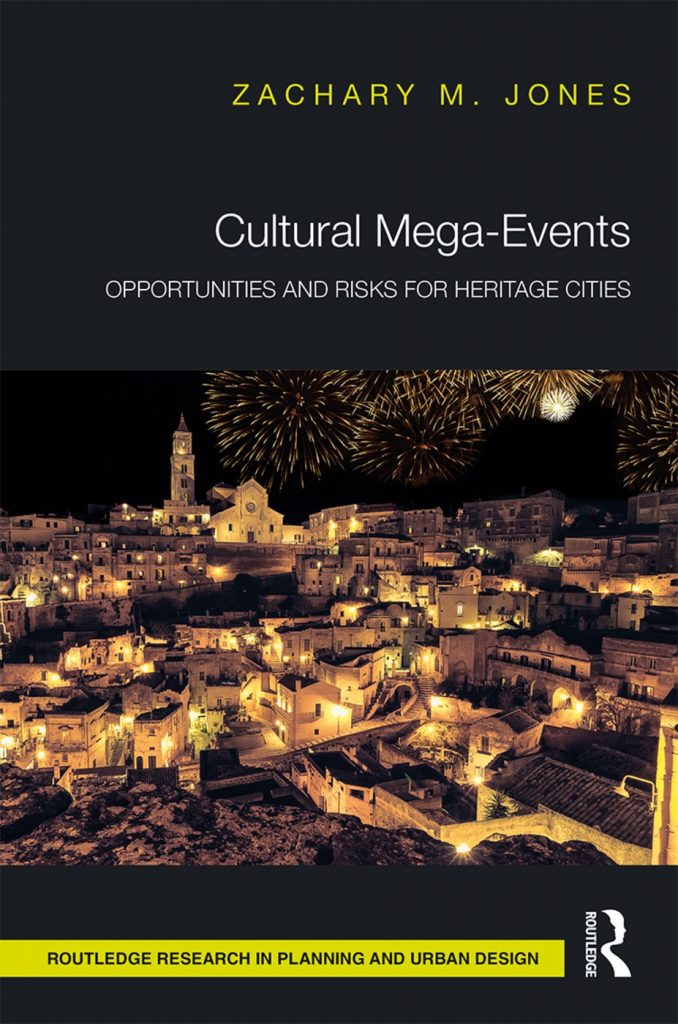Since the 1990s, increasingly multinational modes of design have arisen, especially concerning prominent buildings and places. Traditional planning and design disciplines have proven to have limited comprehension of, and little grip on, such transformations. Public and scholarly discussions argue that these projects and transformations derive from socioeconomic, political, cultural trends or conditions of globalization. The author suggests that general urban theories are relevant as background, but of limited efficacy when dealing with such context-bound projects and policies.
This book critically investigates emerging problematic issues such as the spectacularization of the urban environment, the decontextualization of design practice, and the global circulation of plans and projects. The book portends new conceptualizations, evidence-based explanations, and practical understanding for architects, planners, and policy makers to critically learn from practice, to cope with these transnational issues, and to put better planning in place.
Transnational Architecture and Urbanism combines urban planning, design, policy, and geography studies to offer place-based and project-oriented insight into relevant case studies of urban transformation in Europe, North America, Asia, and the Middle East.
Ponzini, D. (2020) Transnational Architecture and Urbanism
Rethinking How Cities Plan, Transform, and Learn. London, Routledge
 On July 8, 2021 (starting at 11:00 CET), the “Mega-events in heritage-rich cities: From research to principles and policy recommendations” online conference will launch the Charter for Mega-events in Heritage-rich Cities.
On July 8, 2021 (starting at 11:00 CET), the “Mega-events in heritage-rich cities: From research to principles and policy recommendations” online conference will launch the Charter for Mega-events in Heritage-rich Cities. 